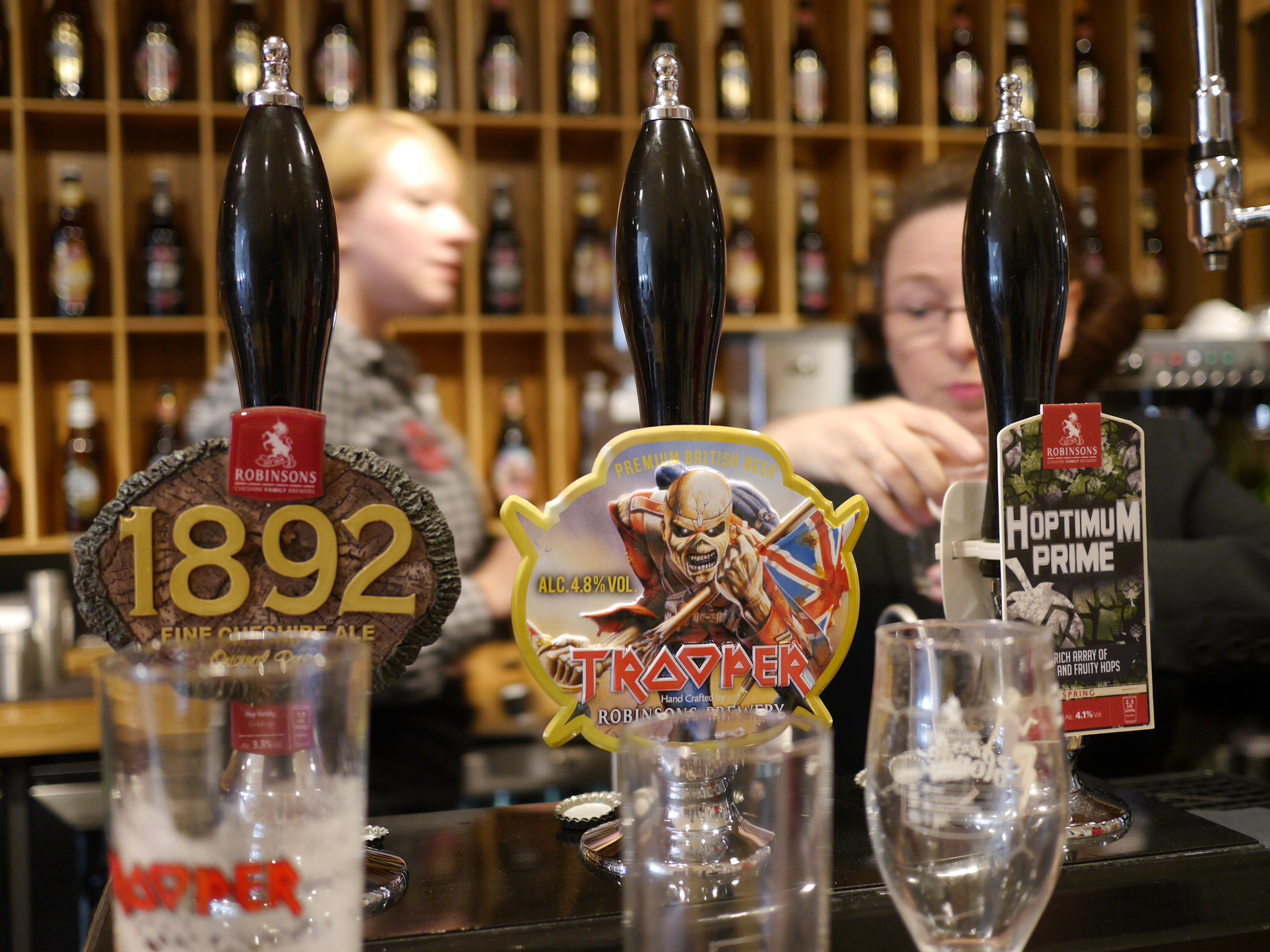News
New greener pubs guide could save pubs thousands
Manchester Metropolitan University has teamed up with Stockport-based brewery Robinsons to produce a ‘Greener Retailing’ guide that could save pubs thousands of pounds per year.
Jointly produced by academics, business professionals and publicans themselves, the guide focuses on win-win situations that pubs can use to cut their carbon footprint – and their costs.
It aims to apply research about waste and business to the real world, producing useful knowledge that publicans can use to boost their bottom line.
right of all, many of the strategies laid out in the guide don’t involve high initial investments of time or money.
You can read the full guide here. We have summarised a few of the main sections below.

Reducing waste in pubs
Food waste
In the longest and probably the most significant section of the guide, the academics use real-world case studies to show how simple acts centred around cutting food waste can lead to significant cost and carbon savings. A blunt estimate included in the report puts the cost of food waste at £8,000 for the average British pub. By weighing food waste and collecting information on spoilage, chef’s waste and plate waste, the partnership says that pubs will be in a position to become more kitchen efficient. You can even use a food waste calculator to find out the cost of all the food that’s thrown away. Among some of the other suggestions for reducing food waste and costs, the guide recommends:- Shrinking your menu and concentrating on a few core ingredients.
- Stick to a ‘just in time’ delivery schedule and keep stock to a minimum.
- Keep sensitive food at a cool enough temperature to prevent it from spoiling, but no cooler.
- Avoid pre preparation of quick to spoil items.
- Find creative ways of using leftovers, in sandwiches or soups for example.
Beer waste
Reducing what’s wasted between the cellar and the pump is the order of the day here. Beer lines need cleaning at least once a week, and any beer left in the taps often goes to waste. The guide recommends:- Keeping beer lines short and reorganising the cellar if needs be.
- Ensuring that staff are pouring accurately and not over pouring.
- Consider reducing duplicate pumps.

Energy waste
The guide uses data from the Carbon Trust to suggest that a 20% decrease in energy consumption in hospitality settings can yield a 5% increase in gross profit. To help boost bottom lines and make pubs greener, the guide recommends:- Maintaining a constant temperature of around 21°C in lounge areas
- Use draft excluders and automatic door shutters to keep temperatures as comfortable as possible.
- Switching to low power LED bulbs.
- Using a colour coded light control panel, so people know which equipment is to be switched on at what times.
Water
The processes involved in delivering water to your tap are quite energy intensive. For businesses, water can represent a significant expense, especially before water market deregulation arrives in April 2017. To cut costs and carbon, the guide says:- Consider reducing your water pressure if it is over 5 bar.
- Use a rainwater butt if your pub has gardens or pot plants to water.
- Low flow toilets and other smart solutions to bring down water waste.
Changing staff behaviour
The guide makes clear that one of the most important ways of reducing waste and costs is convincing staff to cut costs. After all, these are the people that are on the ground and who have the most capacity to reduce waste. To try and encourage staff to reduce, the guide recommends some tips that it picked up from publicans:- Incentivising staff to meet environmental targets.
- Appoint environmentally conscious waste reduction ‘champions’ to help monitor and police waste.
- Automate as many processes as possible to reduce human error (for example, when switching things off).
- Ultimately, success here depends on publicans knowing their staff and what motivates them.
Published by Utility Helpline on (modified )
Talk to us about how we can save you money